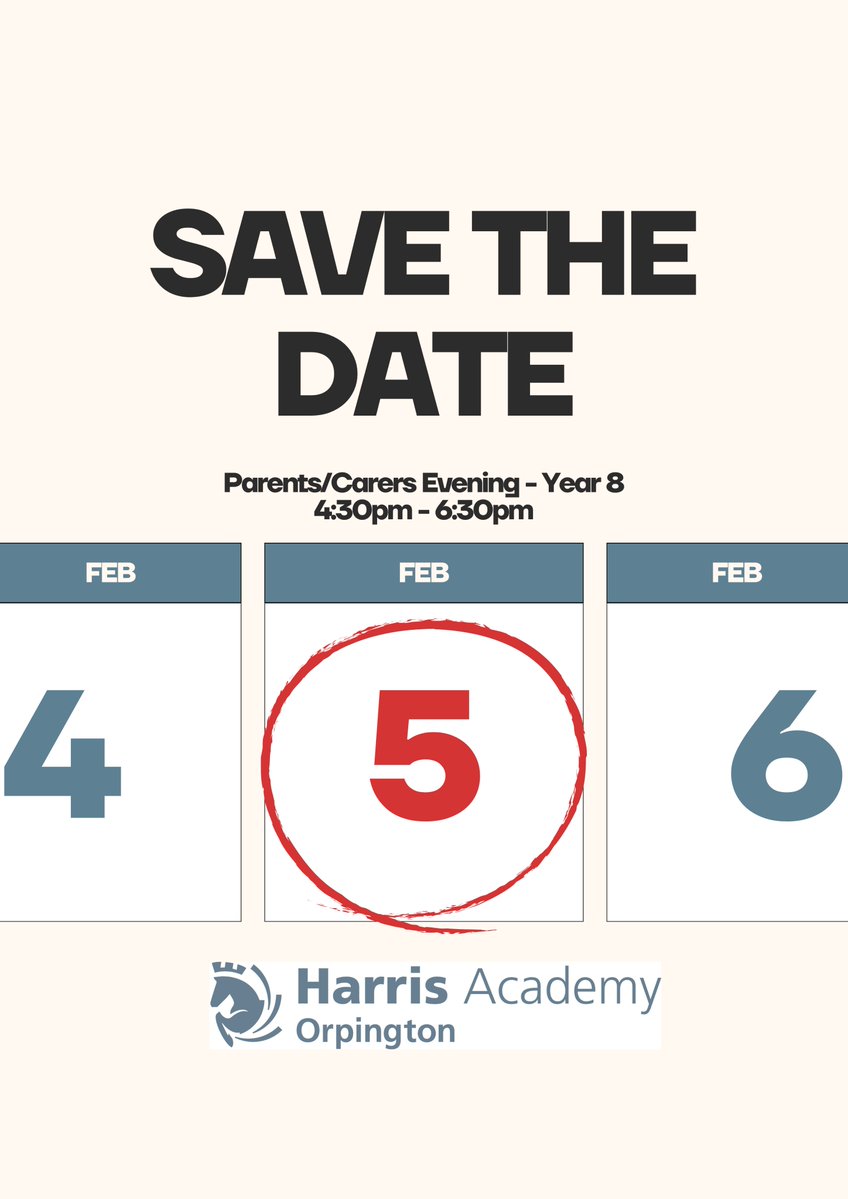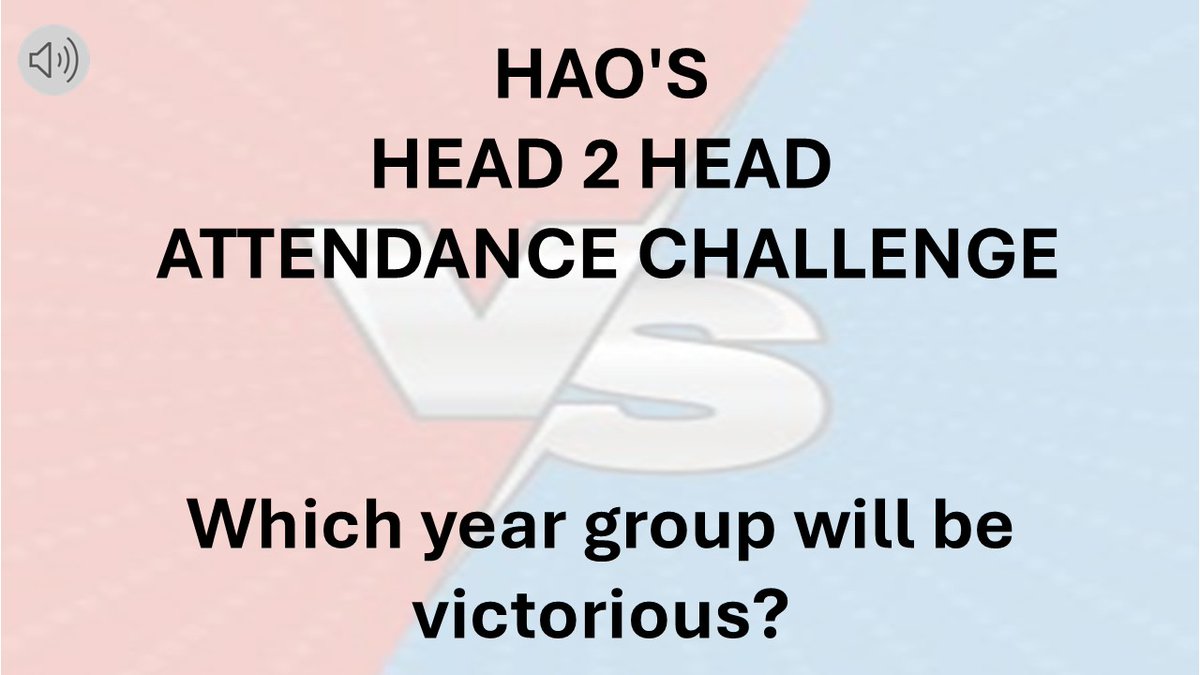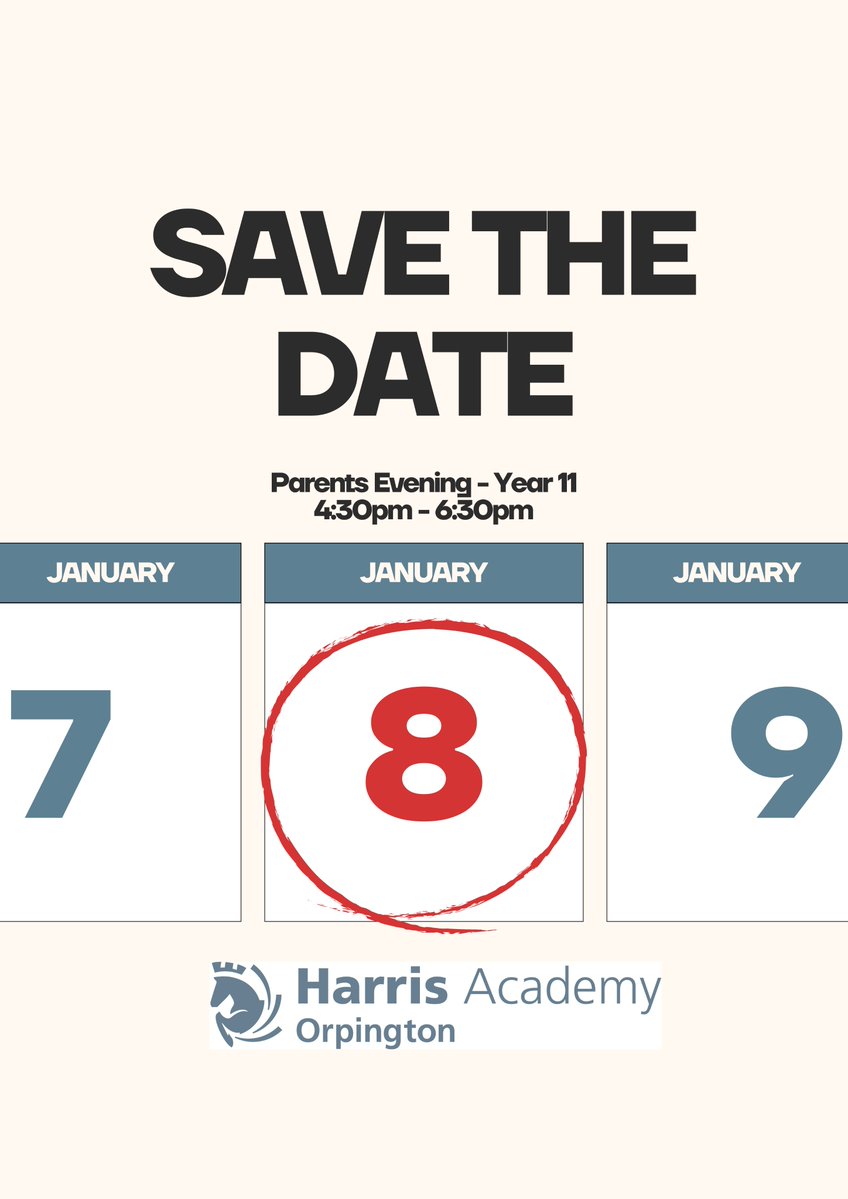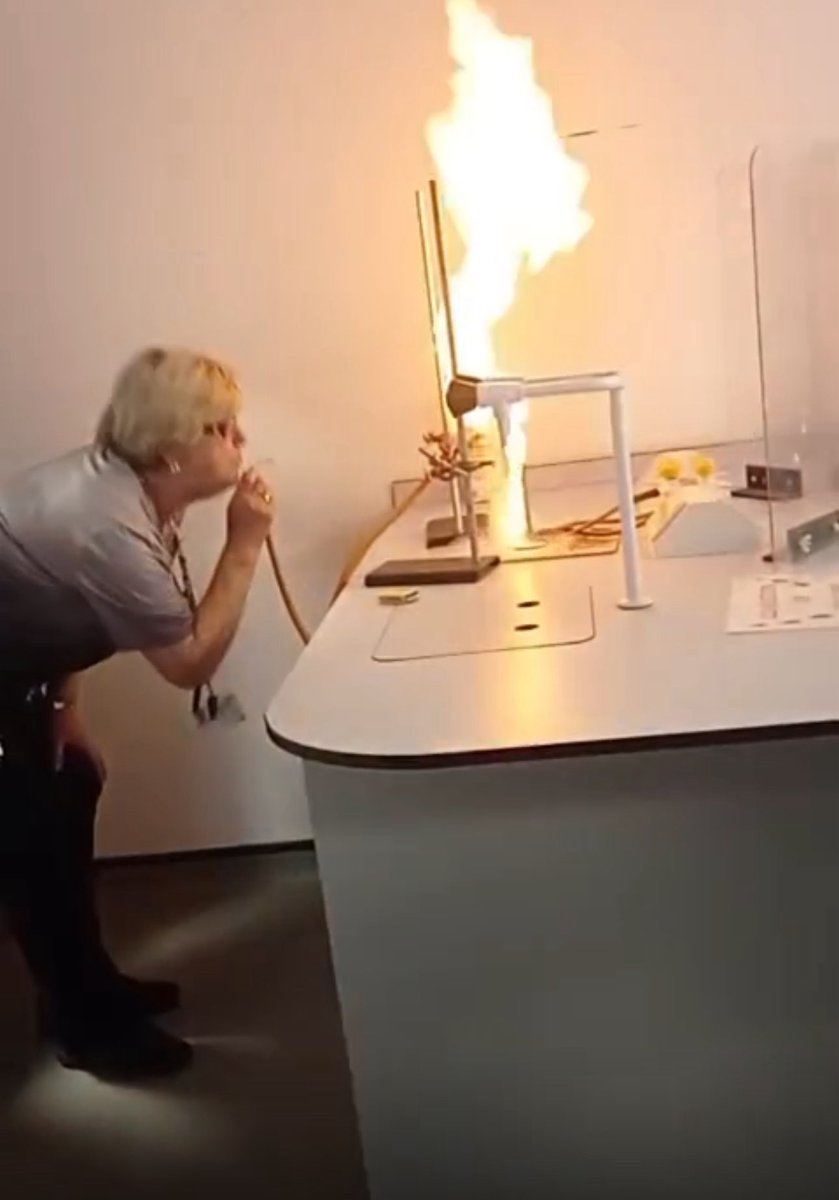English
English
The vision of the English department at Harris Academy Orpington is to offer our students a programme of study that is exciting and engaging and promotes a love of literature and language from the outset of their learning journey with us. We aim to teach students to be independent readers, creative and competent writers, and articulate speakers. With this in mind, students are presented with a wide range of texts that increase in challenge and difficulty as they progress through Key Stage 3, Key stage 4 and Key Stage 5.
The English curriculum at Harris Academy Orpington adheres to the requirements of the National Curriculum: it is knowledge-rich, focusing on the literary canon and on different forms and genres. At the same time, we ensure that our curriculum is diverse and tackles topics that are socially, morally, spiritually and culturally relevant.
Once students reach Key Stage 4, they are encouraged to consider the big ideas within and across texts, and how these can link to the writers’ intentions and the context in which they were written; it is at this point that we explicitly introduce the specifics of GCSE questions and examinations.
Within English, we aim to promote and create a love of reading that we believe will help our students to become life-long learners. We aim to ensure that every student sees reading as their passport to the wider world. We actively support them to acquire and build a rich vocabulary which will allow them to access more challenging texts and communicate effectively in speech and writing.
Over the course of the academic year, we aim to make learning within the subject an immersive and enriching experience through theatre performances, thematic days, reading festivals and drop-down sessions.
What is the intention of the curriculum?
At its core, our curriculum intends to:
- Challenge students’ ideas and perspectives, creating independent learners who actively question how the knowledge they acquire is relevant to their own lives.
- Develop independent readers who have an appreciation for reading, writing and spoken Standard English.
- Feature diverse texts that explore different cultures, while addressing gaps in cultural capital.
- Grow and cultivate central skills for future English study at GCSE, A-Level and beyond.
- Develop student oracy, giving them a chance to improve their competency as speakers and listeners
- Foster students’ creativity in extended writing, refine their drafting and editing skills and develop resilience. Pupils should understand and appreciate writing as a craft both outside of and within the confines of assessment.
At Key Stage 3, our curriculum is deliberately designed to build upon the foundation of reading, writing and spoken Standard English skills established at Key Stage 2. We avoid rigorous GCSE examination-style questions and instead develop and cultivate central skills for future English study.
Students are exposed to diverse, challenging and exciting texts that aim to explore different cultures alongside British values. Through these texts the students will be able to discuss current affairs and consider important issues such as homophobia, racism and gender equality; we intend to address gaps in cultural capital and enable our students to mature into active citizens.
Lessons and text choices aim to challenge students’ ideas and perspectives, building independence and promoting enquiry. We strongly believe that the Key Stage 3 curriculum should foster an appreciation and passion for reading, writing, debate and intellectual discussion.
As our students move into Year 9, we expose them to more challenging texts to begin to prepare them for GCSE but we are careful to ensure that we allow time to slow down and deepen the learning; we want our students to be on their way to mastering a range of reading and writing skills before they transition to Key Stage 4.
In Year 9 we also dedicate curriculum time to fostering students’ creativity in extended writing, refining their drafting and editing skills and developing resilience. Students should understand and appreciate writing as a craft both outside of and within the confines of assessment.
At Key Stage 4, we introduce students to the specifics of the GCSE examination for the first time. This includes texts, timings and assessment tasks following the format of the final examinations. When reading and exploring fiction and non-fiction texts, students are encouraged to consider the big ideas before finding textual evidence to support their critical analysis. We hope that our independent readers will have become critical thinkers by the end of Year 11 so that they are able to create conceptualised responses that show insight into the writer’s intentions and clear links to the context of the writing.
How will this be implemented?
At Key Stage 3, there is no separation between Literature and Language in the curriculum until Year 9, as we strongly believe that reading and writing should be taught alongside each other for the majority of Key Stage 3, albeit assessed separately.
Every scheme of work is driven by key themes which are explored through prose, poetry or drama; we believe that any texts being studied should be viewed as springboards. Our lessons lead our students to explore the subject beyond just the text itself, encompassing related non-fiction reading, contextual information and speaking and listening tasks.
Our GCSE curriculum is delivered over two years, allowing time to study all Literature texts in detail alongside honing Language skills such as analysis, evaluation and comparison. In Year 10, students will study a Shakespeare play, a 19th-century fiction text, and a modern text; in Year 11, they study poetry before moving on to revision lessons. These are planned in response to the emerging needs of individual students as well as the whole class.
An outline of our English Curriculum is below:
|
|
Year 7 |
Year 8 |
Year 9 |
Year 10 |
Year 11 |
Year 12 |
Year 13 |
|
Autumn 1 |
Gothic Literature (Collection) |
The Twelfth Day of July (Novel) |
Lord of the Flies (Novel) |
An Inspector Calls (Play) |
Power and Conflict (Poetry) Unseen Poetry |
Frankenstein (Novel) A Streetcar Named Desire (Play) |
Othello (Play) Rossetti (Poetry) |
|
Autumn 2 |
No Ballet Shoes in Syria (Novel) |
The Twelfth Day of July (Novel) |
Lord of the Flies (Novel) |
A Christmas Carol (Novella) |
Revision- rolling revision topics for Literature and Language |
Never Let Me Go (Novel) Poems of the Decade (Poetry) |
Othello (Play) Rossetti (Poetry) |
|
Spring 1 |
Private Peaceful and writings of WWI (Novel and Poetry) |
A Midsummer Night’s Dream (Play) |
Romeo and Juliet (Play) |
Macbeth (Play) |
Revision- rolling revision topics for Literature and Language |
Never Let Me Go (Novel)
Poems of the Decade (Poetry) |
Revision- rolling revision of all topics |
|
Spring 2 |
Private Peaceful and writings of WWI (Novel and Poetry) |
A Midsummer Night’s Dream (Play) |
Romeo and Juliet (Play) |
Macbeth (Play) |
Revision- rolling revision topics for Literature and Language |
The Bloody Chamber (Short Stories) Coursework |
Revision- rolling revision of all topics |
|
Summer 1 |
Your Voice Creative Writing |
Animal Farm (Novella) |
Character and Voice (Poetry) |
Power and Conflict (Poetry) |
Revision- rolling revision topics for Literature and Language |
Coursework – The Bloody Chamber Poems of the Decade (unseen poetry) |
Revision- rolling revision of all topics |
|
Summer 2 |
Lost Voices (Collection) |
Creative Writing |
A View From the Bridge (Play) |
Speaking and Listening (Speeches) |
Revision- rolling revision topics for Literature and Language |
Revision rolling topics Coursework – The Bloody Chamber |
Revision- rolling revision of all topics |
How will we judge the impact of this curriculum?
At Key Stage 3, 4 and 5, there are two formal yearly assessment points. These have been carefully designed to match the new curriculum intent and provide more opportunities to test and demonstrate impact. At Key Stage 3 assessments cover both reading and writing and at Key Stage 4, we assess both Literature and Language. At Key Stage 5 students sit A Level Literature mock examinations that match the course content they have covered.
The Year 7 and 8 reading assessments are on unseen texts and start with a series of comprehension questions building on the skills acquired by the end of Key Stage 2. The assessments also include a more challenging essay-type question that tests students’ understanding of and engagement with writers’ ideas and methods. So that students can be encouraged to craft their responses and cultivate their communication skills, writing assessments are not completed in timed conditions.
The Year 9 assessments are more challenging and focus on both studied and unseen texts. We ensure that assessment tasks continue to be age-appropriate and not simply a ‘dry run’ of GCSE tasks.
In Year 10, students complete Language and Literature assessments over the course of the year, culminating in mock examinations for both GCSEs after the summer half term.
In Year 11, students complete their study of the course covering AQA GCSE Language Paper 2 and AQA GCSE Literature Paper 2 in the autumn term before sitting autumn mock examinations. Students then sit a full set of all four exam papers required for both GCSEs in the spring term mocks.
As a part of the Harris Federation, we can standardise the assessment process, with students across academies sitting the same termly assessments two times per year. This means that students’ progress and performance can be compared as part of a statistically significant sample so that they can be more clearly guided to improved outcomes. Dedicated time in lessons is allocated to students to respond to assessment feedback and work on the areas of development required.























